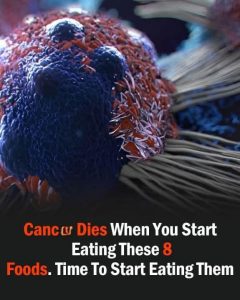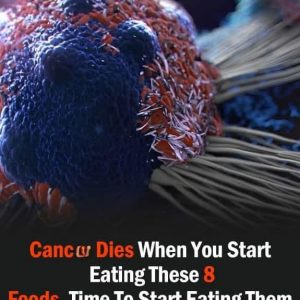Caffeine can temporarily boost energy, but some people may experience intolerance. Common symptoms include:
Headaches – Dehydration or caffeine withdrawal can trigger headaches or migraines.
Dry, Flaky Scalp – Caffeine-induced dehydration may dry out the scalp, causing flakiness.
Restless Legs – Excess caffeine can overstimulate the nervous system, leading to jittery or restless legs, especially at night.
Midday Energy Crashes – After an initial surge, caffeine can result in sudden energy drops.
Frequent Stomach Issues – Some people may experience bloating, cramps, or diarrhea due to caffeine irritating the digestive system.
Constant Thirst – Caffeine’s diuretic effect can make you feel thirsty even with adequate hydration.
Coating on Your Tongue – Caffeine’s acidity may cause a greenish coating on the tongue, indicating digestive problems.
Swelling – In some cases, caffeine intolerance can trigger swelling or puffiness due to immune reactions.
Increased Anxiety – Caffeine can overstimulate the nervous system, leading to heightened anxiety or nervousness.
Muscle Twitches or Spasms – High caffeine consumption may cause muscle twitches due to electrolyte imbalances.
If you experience these symptoms, reducing caffeine intake could improve your overall health.
Some foods that are considered to have anti-cancer properties due to their nutrients and antioxidants are:
1. Cruciferous vegetables (broccoli, cabbage, cauliflower) – Contain sulforaphane, which may help reduce the risk of certain types of cancer.
2. Garlic and onions – Contain sulfur compounds that may help fight cancer cells.
3. Berries (blueberries, blackberries, strawberries) – Rich in antioxidants like anthocyanins, which help protect cells.
4. Tomatoes – Contain lycopene, known for its protective effects against prostate cancer.
5. Green tea – Contains catechins that may inhibit tumor growth.
6. Turmeric – Its active compound, curcumin, has anti-inflammatory and antioxidant effects.
7. Leafy greens (spinach, kale) – High in vitamins and phytochemicals that may reduce cancer risk.
8. Nuts and seeds (especially flaxseeds and walnuts) – Contain omega-3 fatty acids and antioxidants.
Including a variety of these foods in your diet may support overall health and reduce cancer risk. Let me know if you want tips on how to incorporate them into meals!


